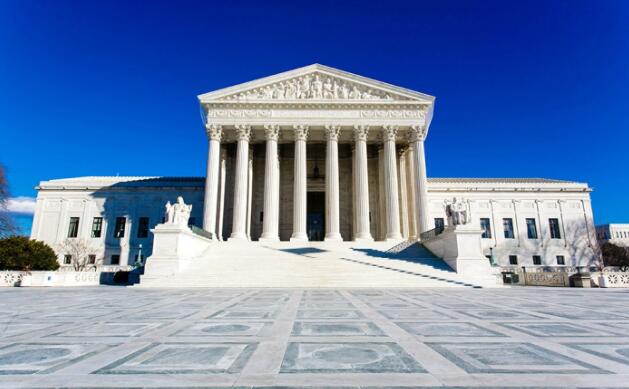Companies Promising Abortion Benefits to Employees Could Face Potential Legal Challenges
Corporate America has spoken up in the wake of the Supreme Court’s decision to overturn Roe v. Wade on Friday.
Since the announcement of the ruling, which eliminates protections for abortions after nearly 50 years, major companies have announced their support to help employees who could be impacted by the ruling. Retailers and brands have signed on to various levels of commitments, ranging from travel and lodging reimbursements to obtain abortions to more vague descriptions of support.
Despite the almost-immediate surge in commitments, there are legal ramifications are relevant depending on how an employer plans to implement these changes.
Various companies like Nike, Levi Strauss & Co. and LVMH have said that their existing benefits already cover reimbursement for healthcare travel needs including abortion. And many — such as Dick’s Sporting Goods, Skechers, Crocs and Amazon have specifically allocated $4,000 to pay for these travel costs. At the same time, other companies like Skechers, Under Armour, Nordstrom and Crocs have announced expansions of their existing benefits to include travel reimbursement expenses for employees who need to travel out of state to receive an abortion. Adidas said its new plan covers travel and lodging expenses up to $10,000.
“Most companies already have this benefit,” said New York business and employment litigation attorney Peter Glennon, referring to travel and lodging reimbursements that are generally covered by a self-funded health insurance plan (where the company pays for the plan as opposed to going through a provider). This type of health plan is most common among companies at the size and scale of those that have made the recent statements.
But when announcing new updates, employers have to grapple with speaking publicly about an issue that many feel passionately about on both sides.
“Employers generally want to be seen as being supportive to their employees,” explained Mo Cayer, a distinguished lecturer and coordinator of the M.S. Human Resources program at the University of New Haven. “Employers have to walk a tightrope about how they respond to this.”
State abortion laws, which have yet to take form in many cases, could restrict companies that offer fully-funded plans through an insurance provider. In this case, employers can resort to reimbursements for travel for this service. However, this opens the door to a new realm of legal implications. Employees seeing this benefit emerge for this specific healthcare purpose could reasonably argue they too require lodging for mental health, abuse, addiction or any other healthcare-related need. To deny these services could result in a discrimination issue, Glennon said.
“And now they have to look at their bottom line,” the attorney added. “$4,000 adds up.”
Additionally, paying employees outside of a health plan could make those payments susceptible to income tax. It also calls into question the issue of medical privacy. Questions include: What information do employees need to submit to be reimbursed? What level of medical proof will employers require?
Given the challenges associated with rolling out these benefits, it is not surprise that some retailers have opted for a wait-and-see approach. Notably, Walmart, Target and Home Depot are among those who have not yet made public statements about the ruling.
“I think the silence by other companies should not be viewed as a pro or con on the social topic of abortion,” Glennon said. “They’re watching to see how the regulations and laws will change and how that could effect their employees and the company.”
